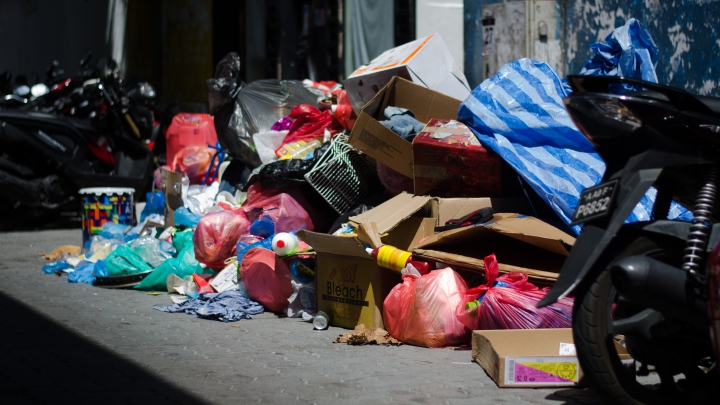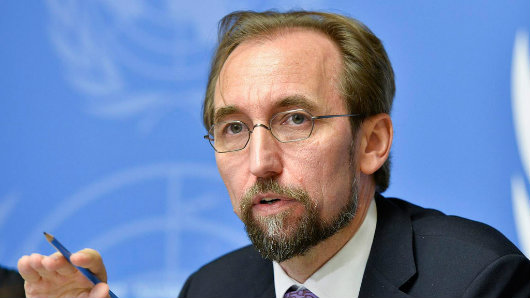MPs of the ruling coalition have backed a constitutional amendment setting age limits for the presidency against the wishes of ex-president Maumoon Abdul Gayoom.
Gayoom, who heads the ruling Progressive Party of the Maldives (PPM), had sent a letter to the party’s parliamentary group leader Ahmed Nihan stating that MPs should wait on approval from the PPM executive council before supporting the amendment.
However, at an emergency meeting tonight, MPs of the PPM and its ally the Maldivian Development Alliance (MDA) decided that the parliamentary group does not require approval from the council.
The amendment – proposed by MDA MP Mohamed Ismail – proposes setting an age limit of 30 to 65 years for the presidency. The constitution currently only says a candidate must be 35 years of age.
If passed, the bill would bar Gayoom from contesting presidential polls. The former president, who is now in his early 80s, had served six terms from 1978 to 2008.
“Deeply saddened”
Minivan News has learnt that Gayoom had sent a text message to Nihan on the morning of June 9 expressing disapproval with the proposal. “I reject the proposal to set age limits for the presidency. It will only bring President Yameen into disrepute. Setting a cap on the age of a presidential candidate is not done anywhere in the world.”
Shortly after the message was sent, some 44 MPs voted to consider the amendment and sent it to a sub committee for review.
After the vote, Gayoom, in a second text message to Nihan said: “I am deeply saddened. There is no point to a man whose opinions are not considered staying on as PPM president.”
The parliamentary committee has since voted to accept the bill. It will now be sent to the parliament floor for approval.
The bill has fuelled speculation that President Abdulla Yameen plans to replace vice-president Mohamed Jameel Ahmed with tourism minister Ahmed Adeeb, who is now 33 and ineligible for the position.
Yameen is Gayoom’s half-brother.
The relationship between President Yameen and Dr Jameel is reportedly under strain. Jameel’s cousin, Mohamed Maleeh Jamal, was dismissed from the cabinet last month. The government did not provide a reason for the dismissal.
Yameen is currently in Germany in an unannounced visit and is due back on Sunday.
Three-quarters
A three- quarters majority or 64 votes will be needed to amend the constitution. The ruling coalition controls 48 seats in the 85-member house, and will need the backing of the opposition Maldivian Democratic Party (MDP) and the Jumhooree Party (JP).
A three-quarters majority will also be needed to impeach Jameel.
JP leader Gasim Ibrahim has urged the nine JP MPs to back the amendment, although it would bar him from contesting the next presidential elections. He will be 66 in 2018.
Gasim announced last week that he will retire from politics once his five-year term as Maamigili MP expires in 2019. The tourism tycoon’s announcement comes weeks after the government slapped a US$90.4million fine on his Villa Group and froze the accounts of five of Villa Group’s subsidiary companies.
The claim was issued after the JP split from the PPM and allied with the MDP in a campaign against President Yameen’s alleged authoritarianism.
Gasim has since suspended the JP campaign and remained silent on the imprisonment of MDP leader and ex-president Mohamed Nasheed. The JP is in disarray with two senior officials facing terrorism charges.
The MDP, the religious conservative Adhaalath Party and several JP MPs are continuing the campaign for Nasheed’s release.




